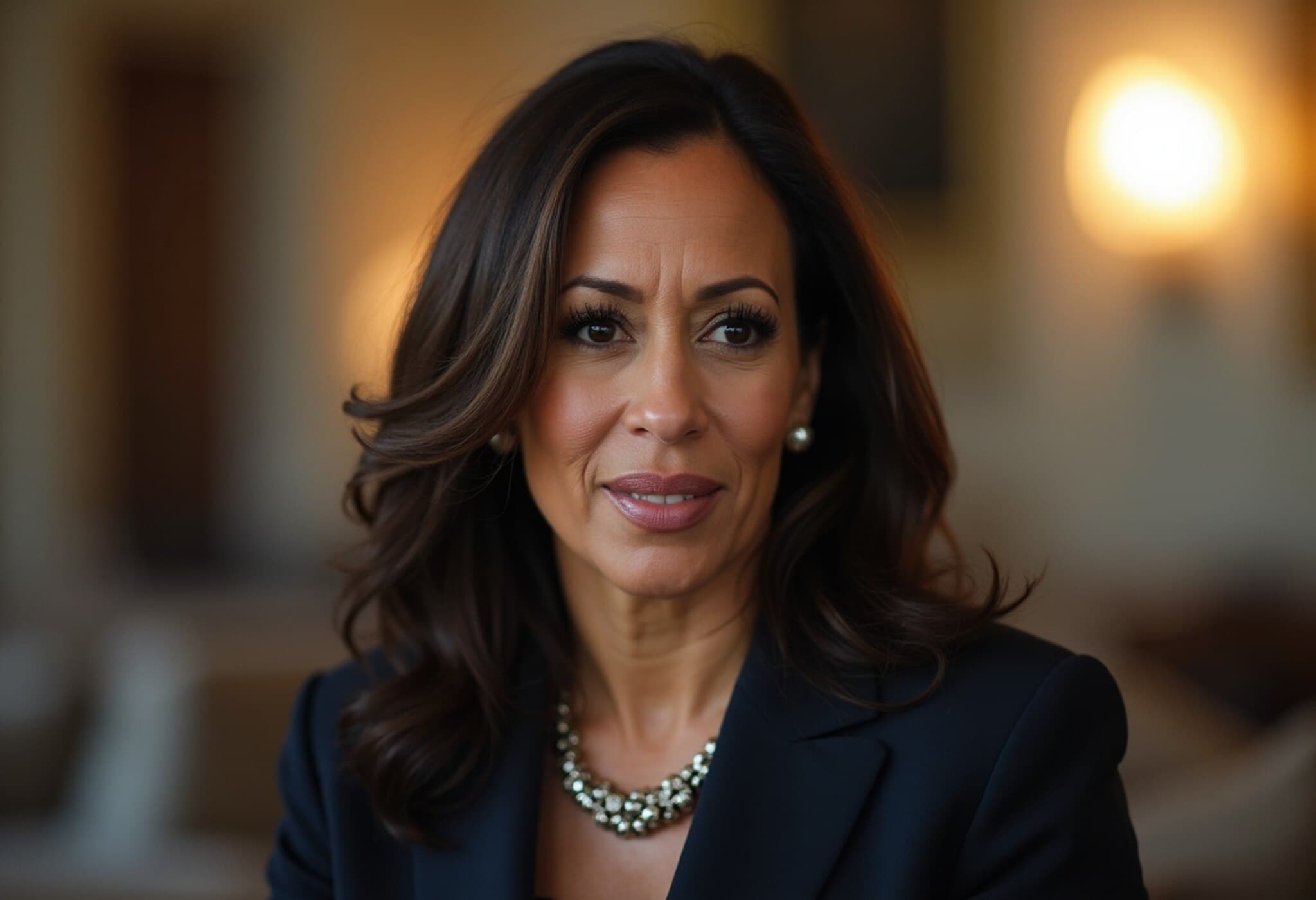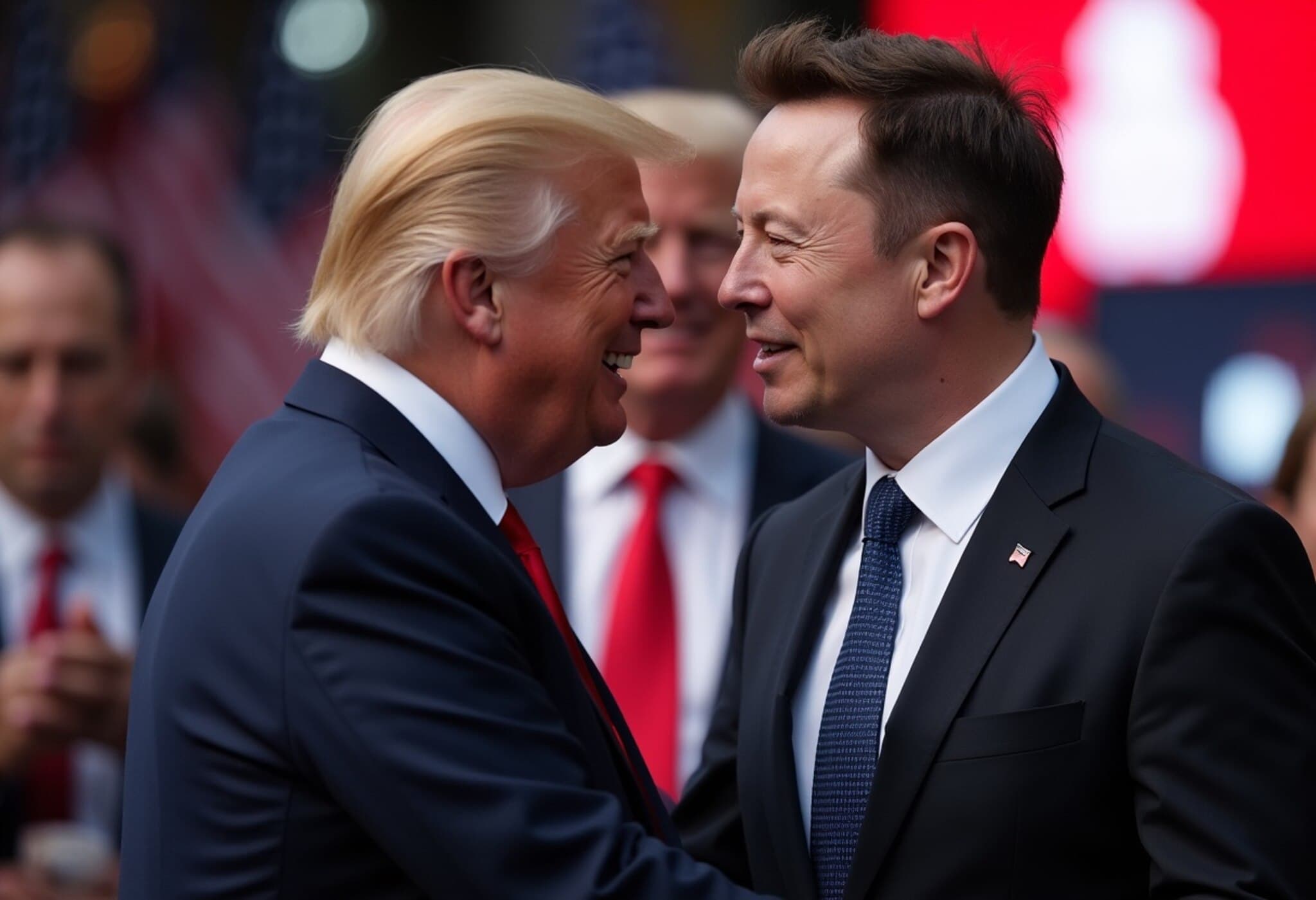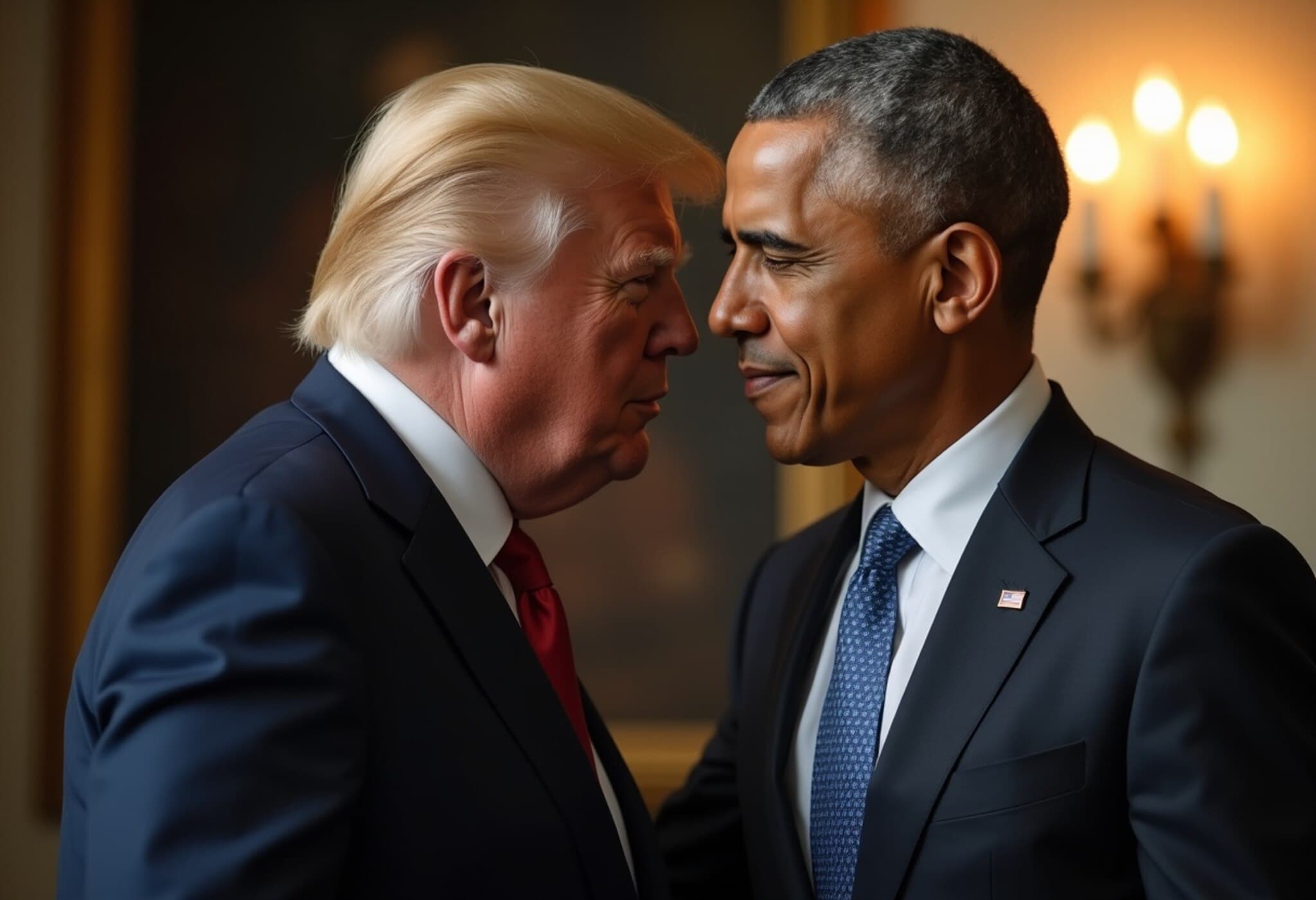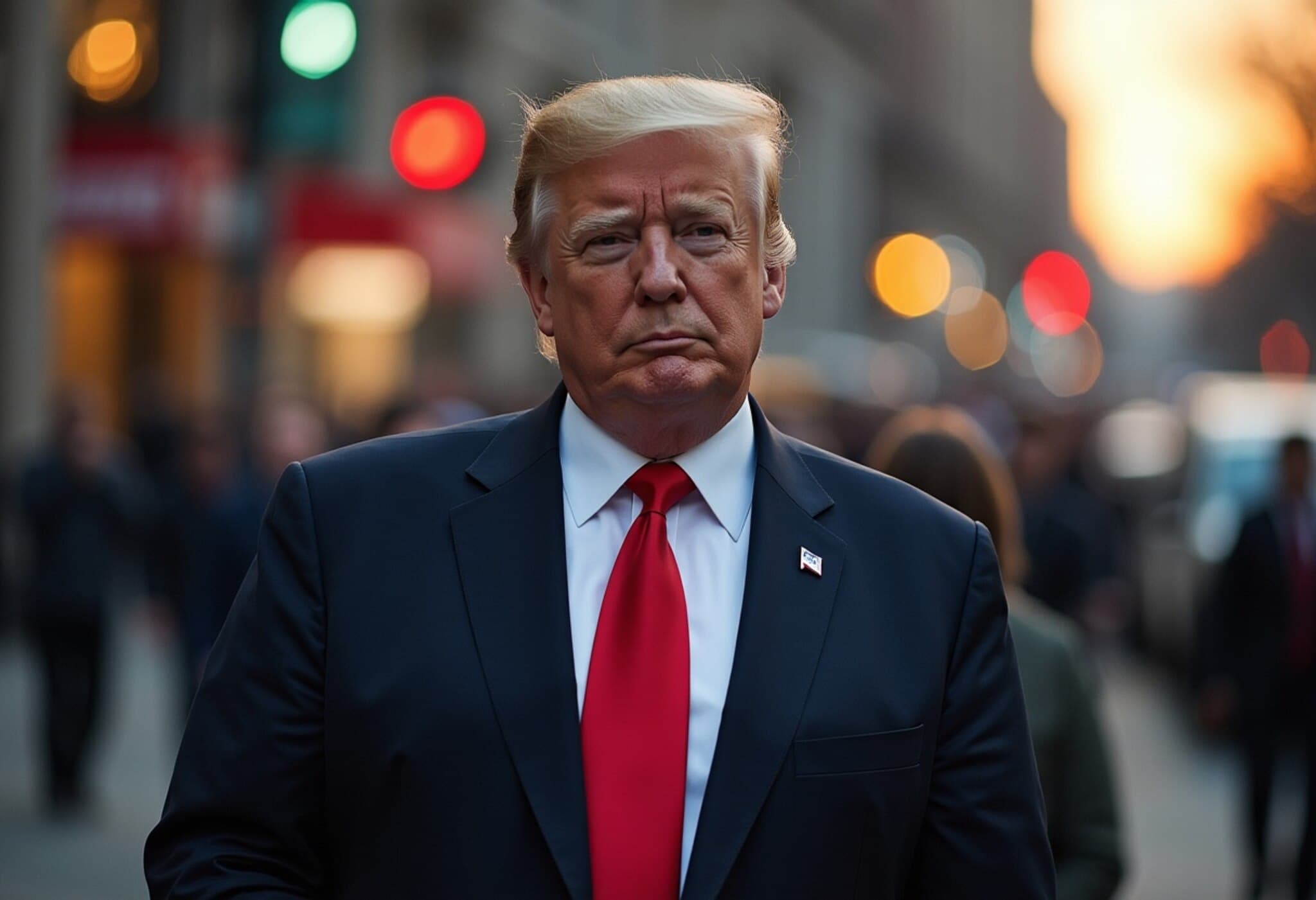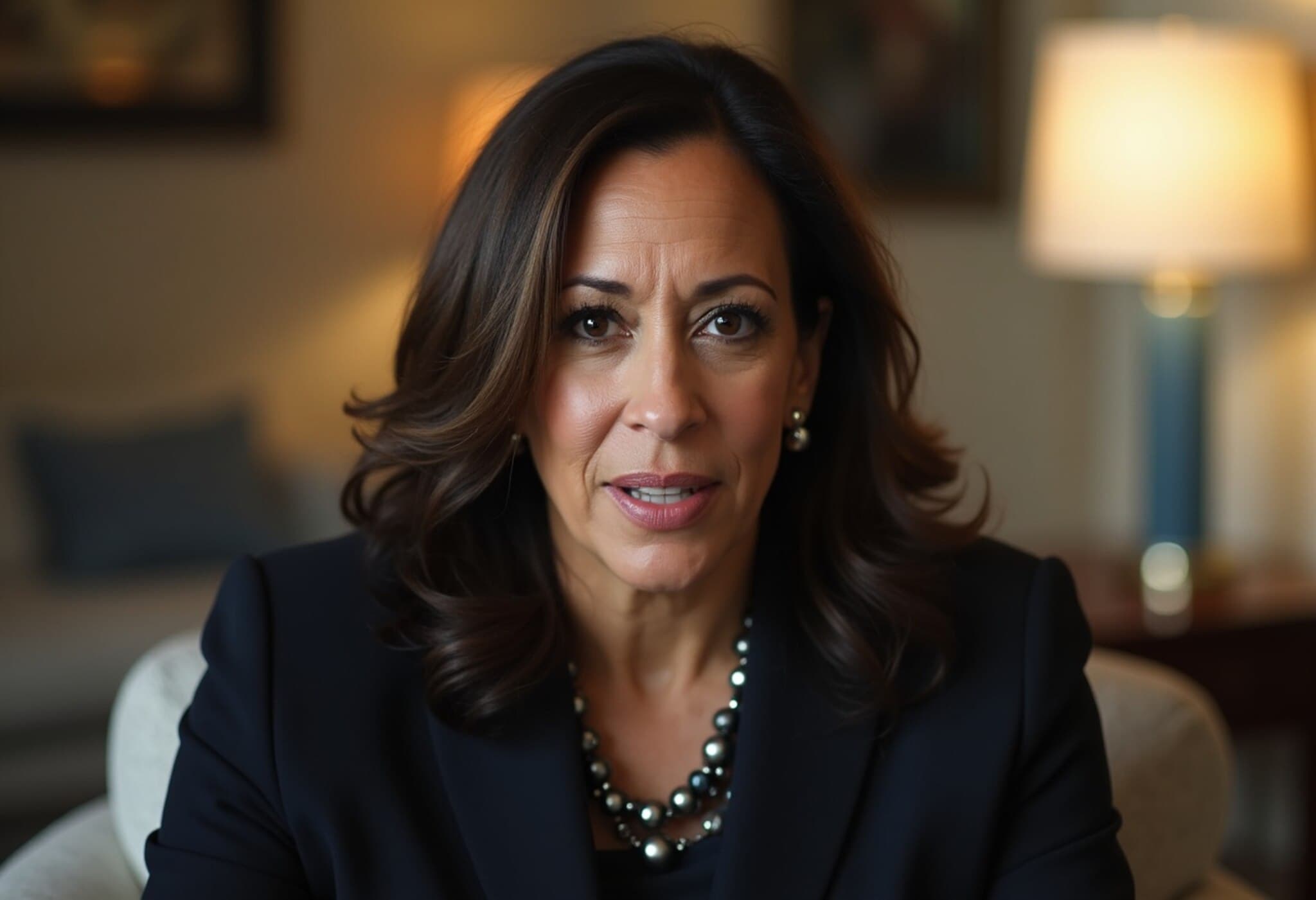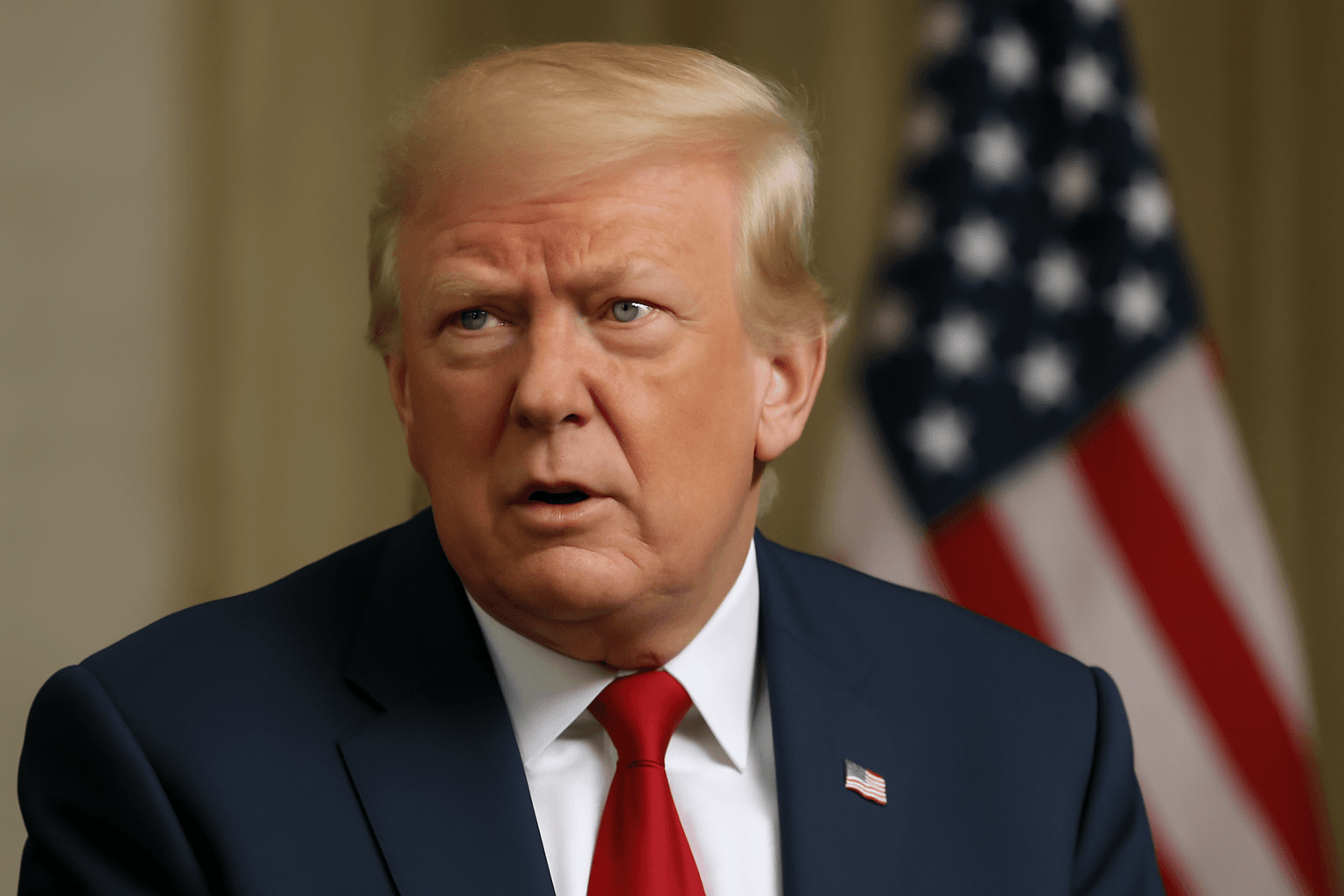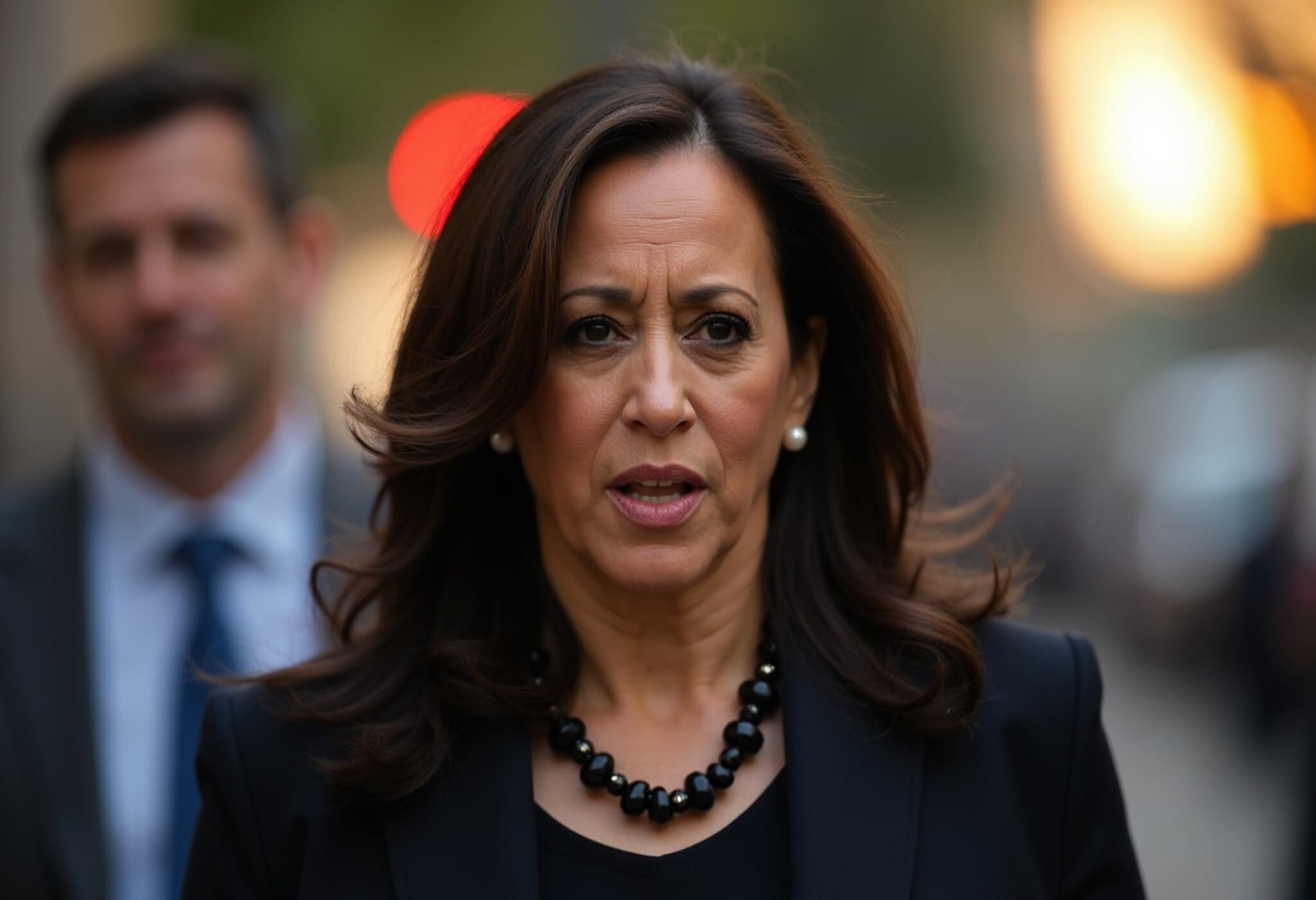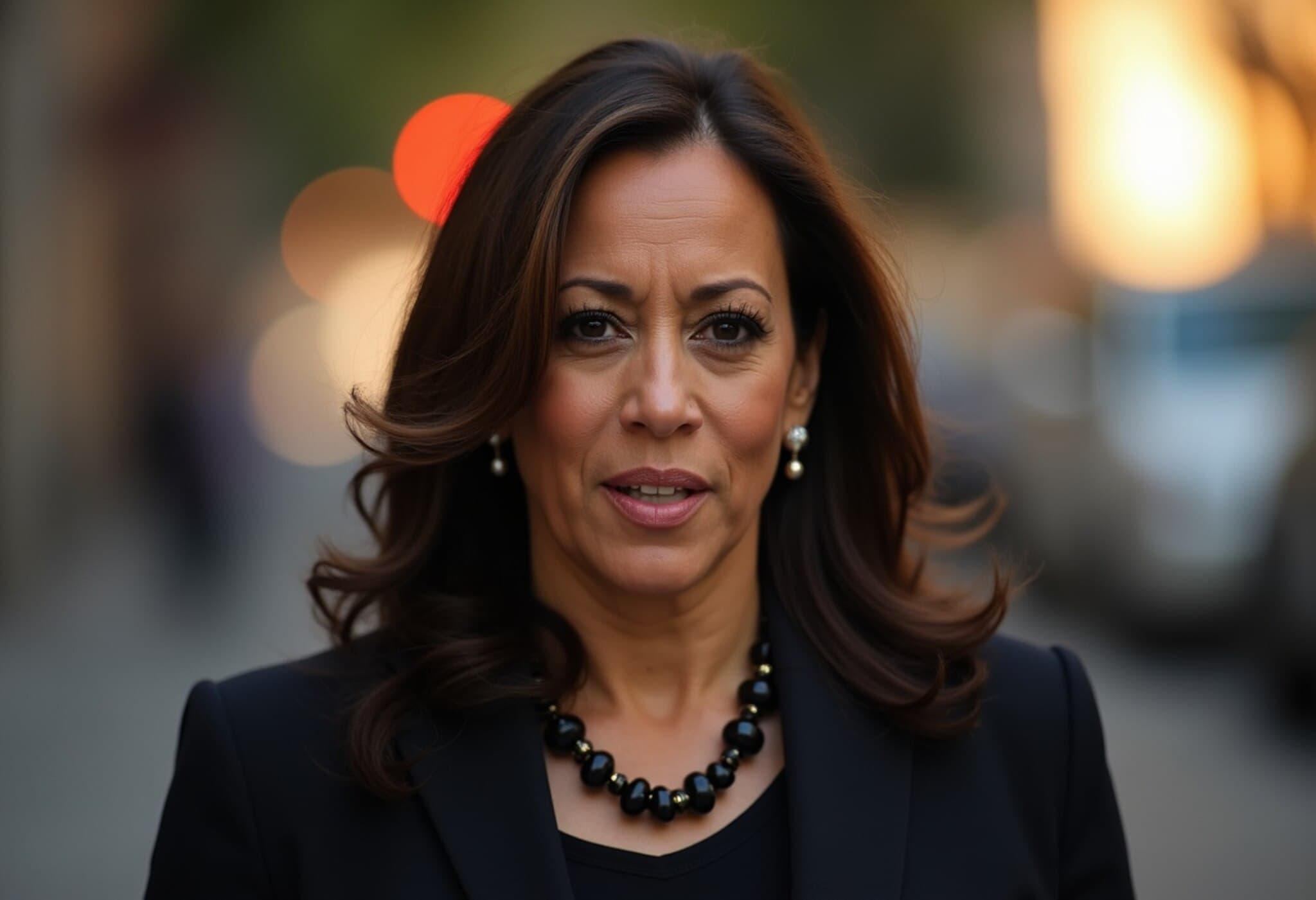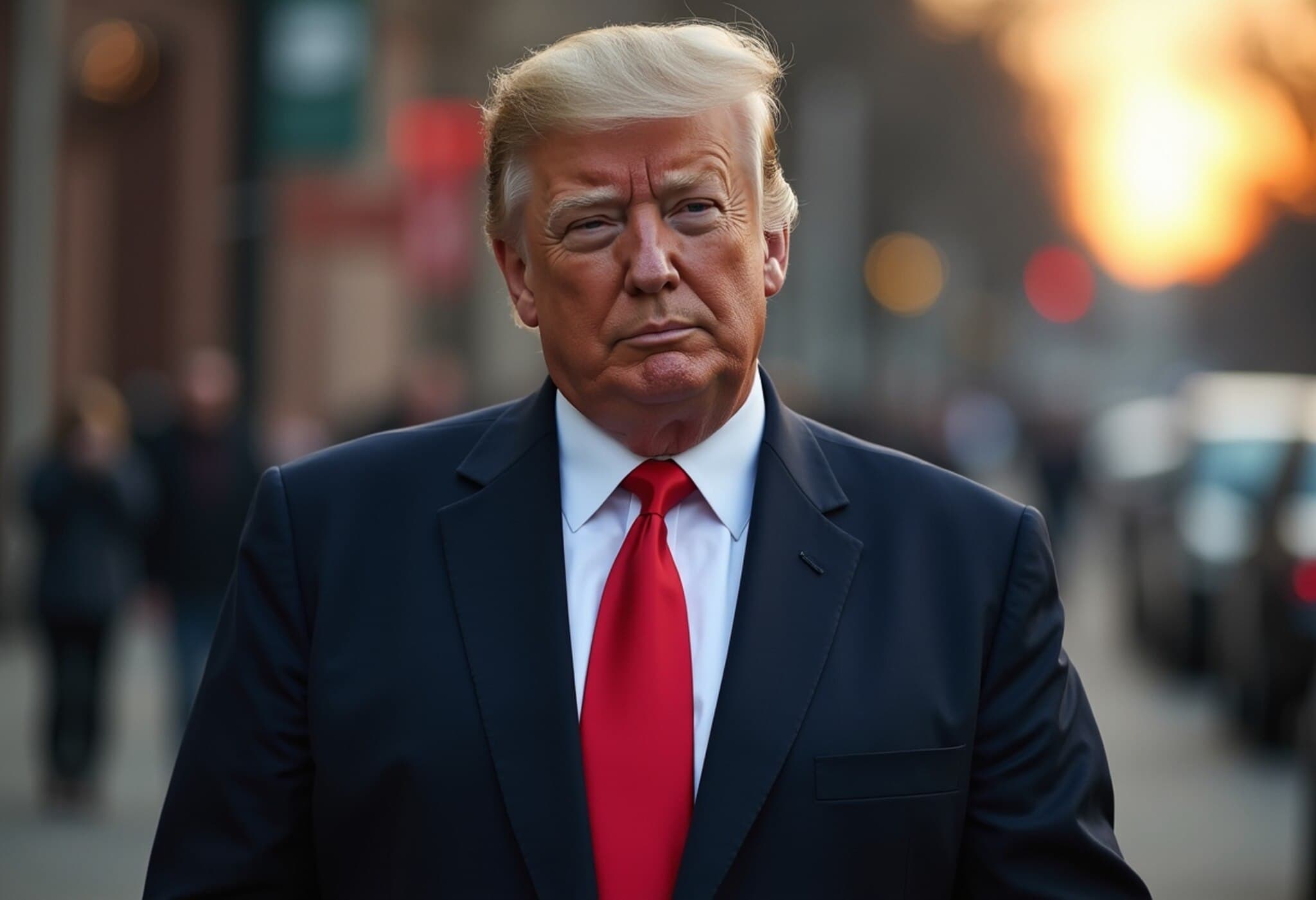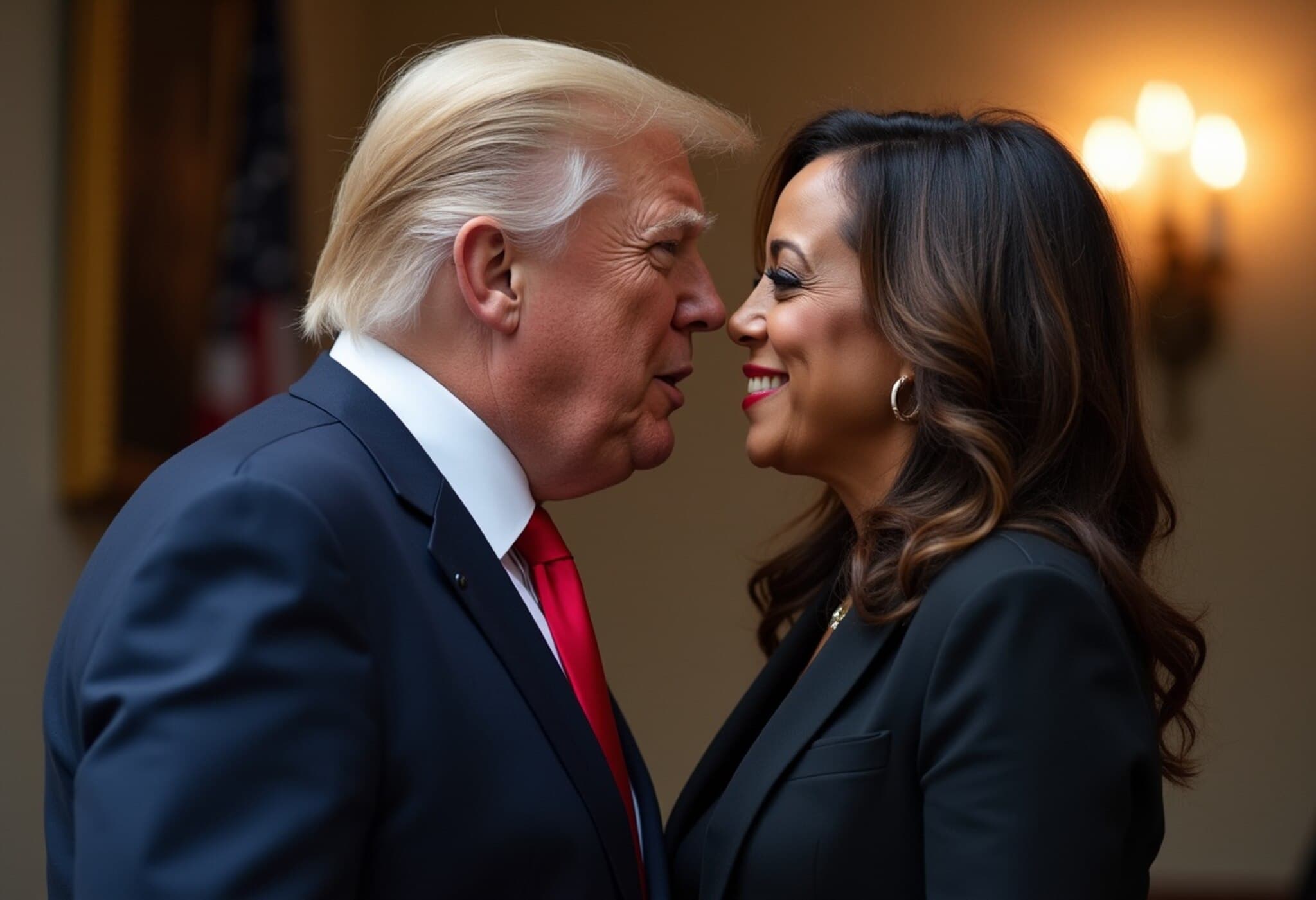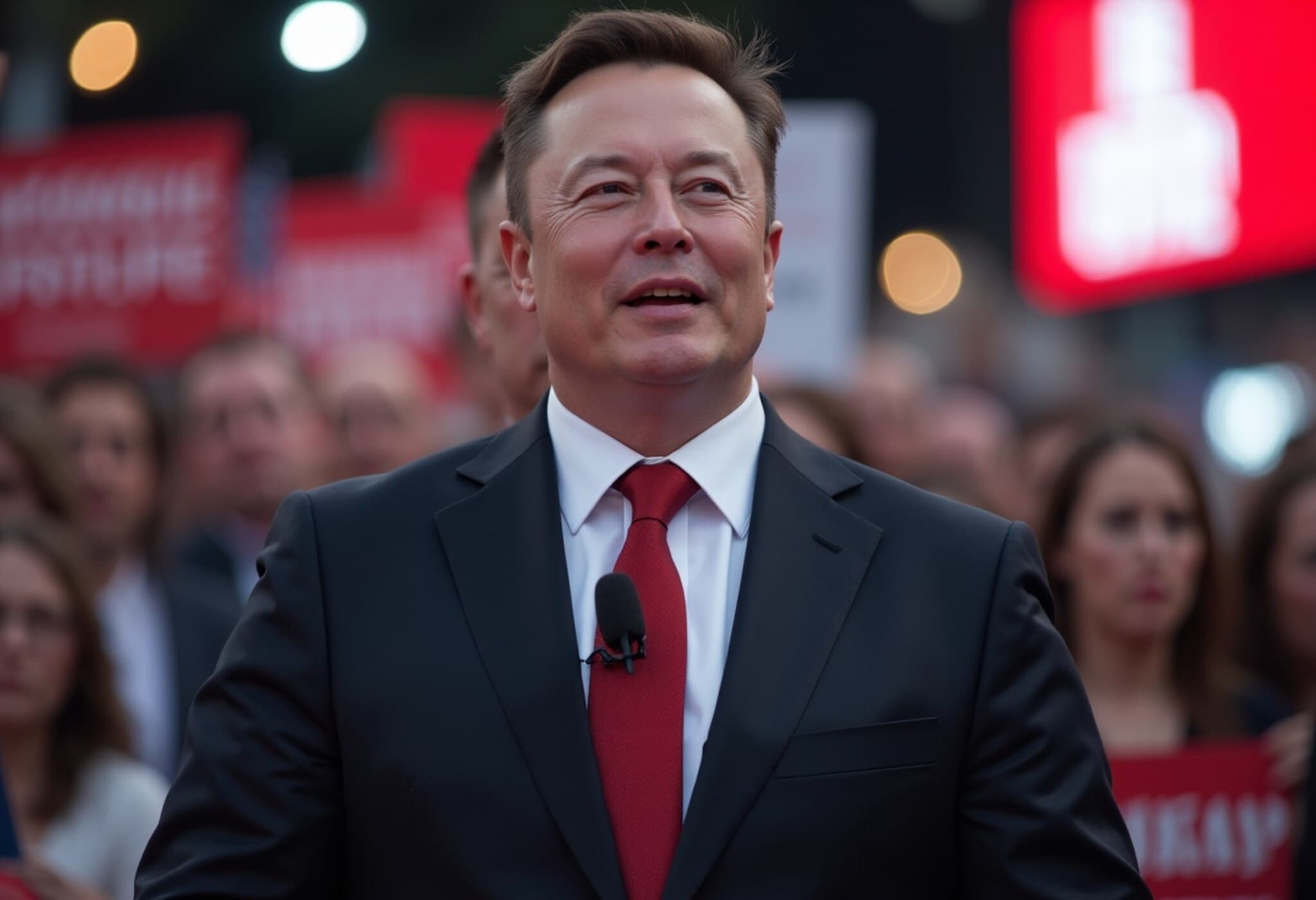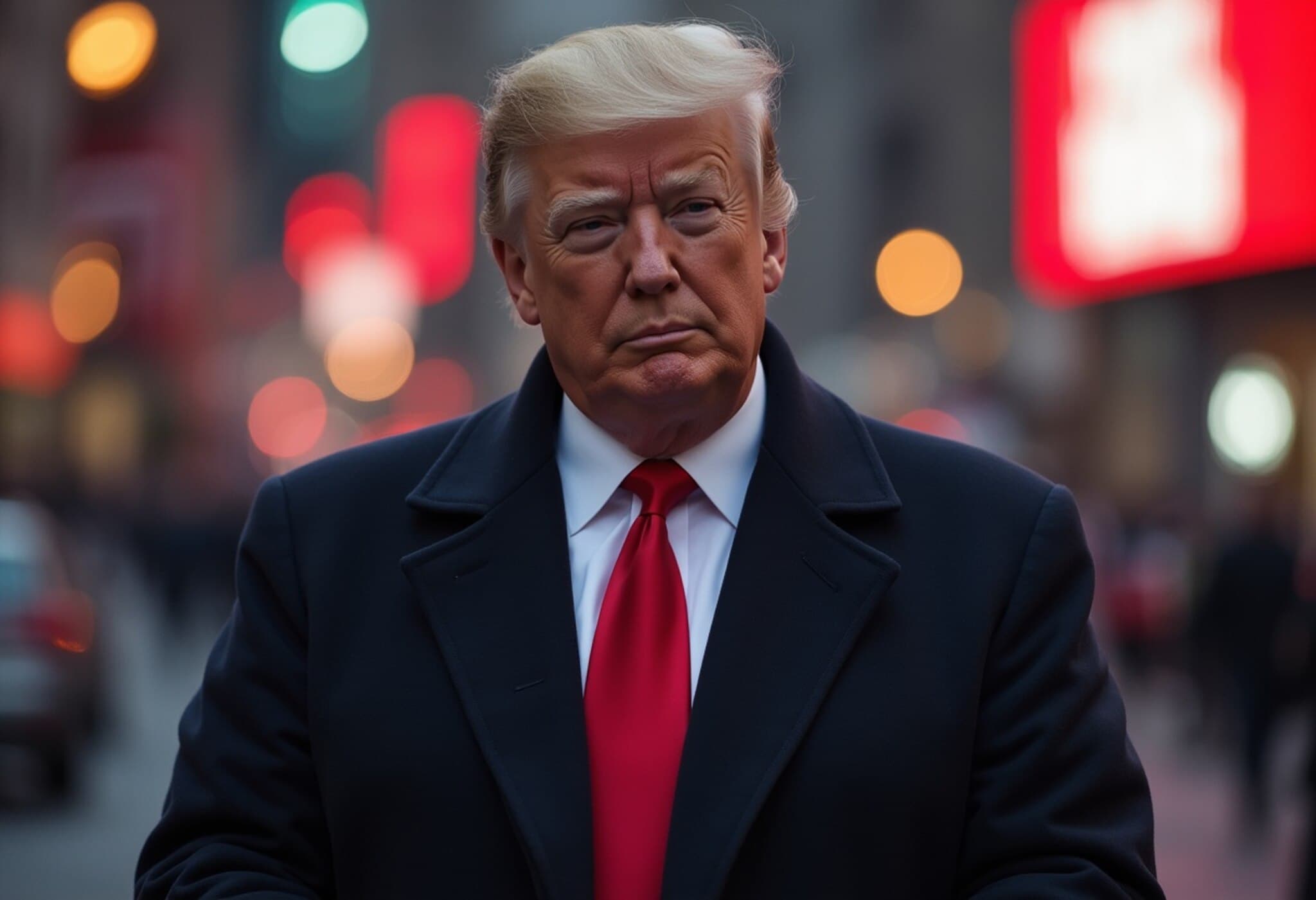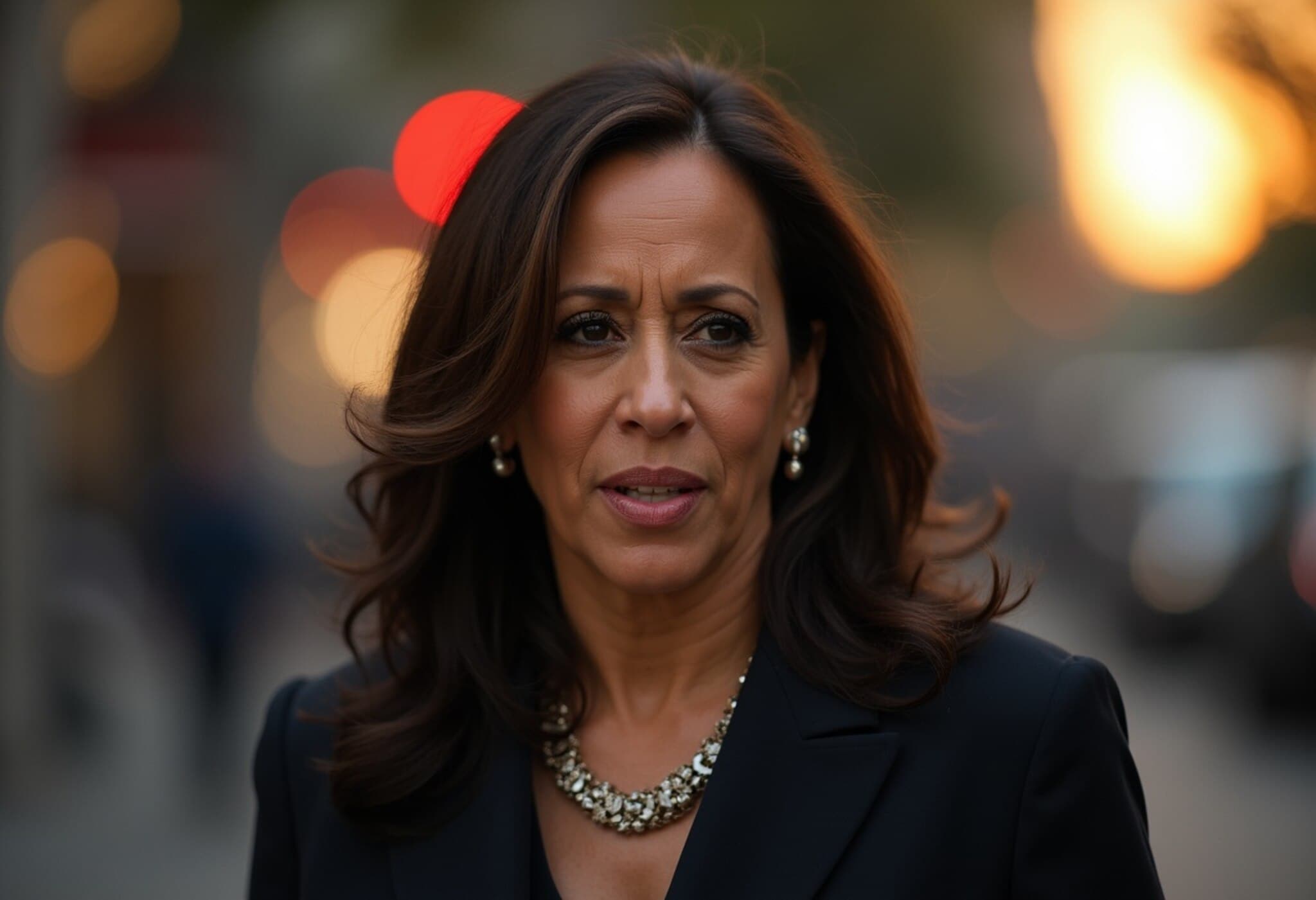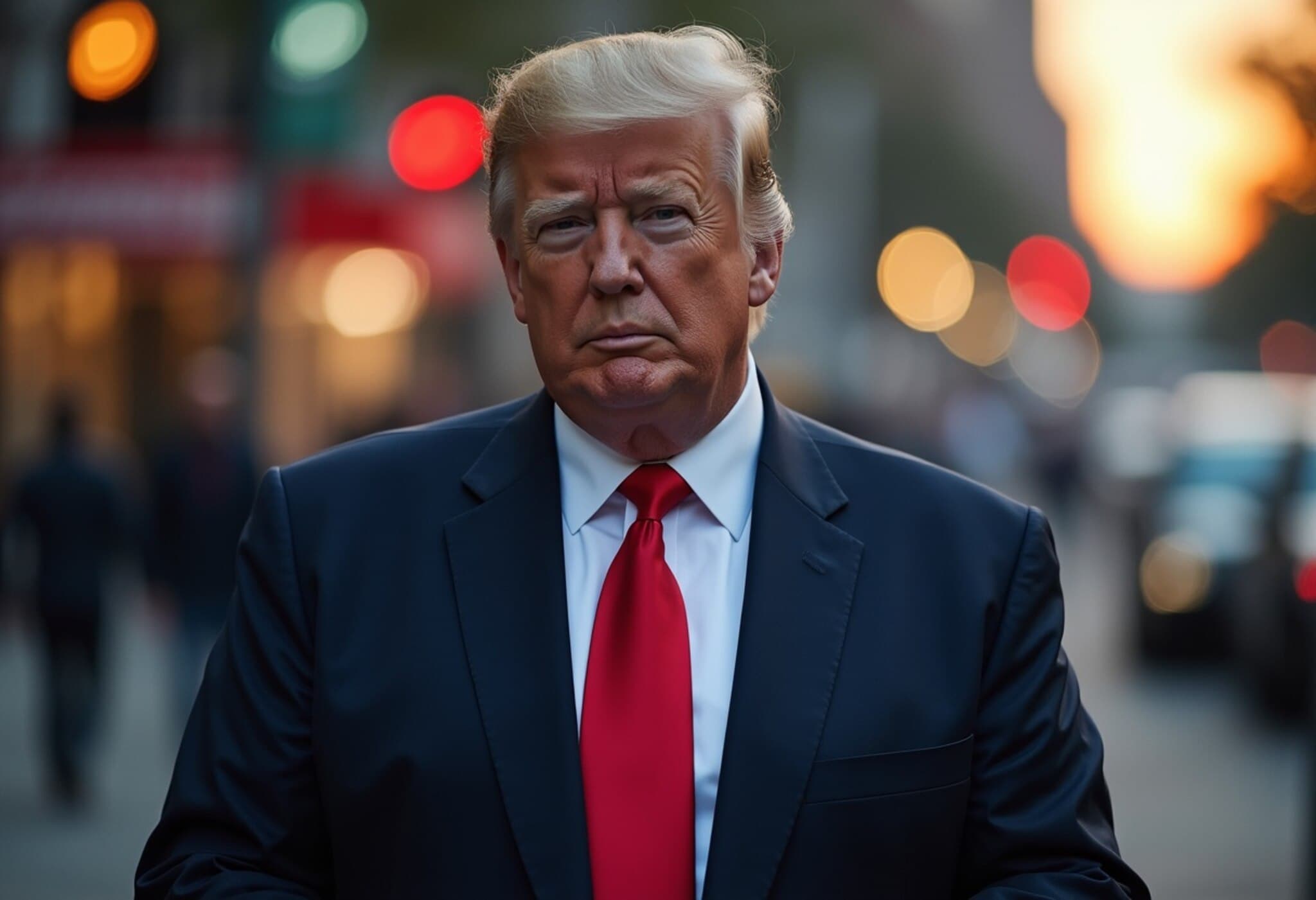Kamala Harris Announces Political Hiatus, Rejects California Governor Run
In a candid interview on The Late Show with Stephen Colbert, former Vice President Kamala Harris disclosed her decision to step back from electoral politics, including a refusal to run for the California governorship in 2026. Despite early polls showcasing her as a frontrunner, Harris expressed deep concerns that the American political system is fundamentally “broken” and ill-equipped to protect democratic values.
A Career of Service and Growing Disillusionment
Reflecting on her decades-long career — from district attorney to attorney general, senator, and then vice president — Harris shared how her early choices as a prosecutor often sparked skepticism within her own family, a challenge she ultimately embraced. “I love California. I love serving the people. But after years on the inside, I have growing doubts about the system’s resilience,” she admitted.
When asked why she would shy away from a seemingly secure gubernatorial path, Harris responded, “I've wondered why, when eager to improve the system, we are often relegated to the outside trying to break down the door instead of working within.” Yet, she ultimately decided that right now the system is too fractured to allow her to advance meaningful change from within.
Distinguishing the System from Its Public Servants
Harris was quick to clarify that her critique targets systemic structures and not the dedicated individuals within them. Mentioning professions such as teachers, firefighters, nurses, and scientists, she said, “This frustration isn’t with the people who work tirelessly on the front lines of public service — it’s with the overarching systems that should be stronger but aren’t.”
Stephen Colbert noted the gravity of hearing such a statement from someone with Harris's qualifications and experience. Harris responded with equal gravity: “Our democracy is fragile, and right now, the institutions that protect it are not as strong as they need to be. But make no mistake — I am still committed to the fight for justice and equality.”
Looking Ahead: Engagement Over Elections
By stepping aside from electoral politics, Harris is signaling a new chapter focused not on campaigning but on listening. She revealed plans to travel the country, engaging with communities across demographics — not to seek votes, but to hear their stories and concerns firsthand.
Her upcoming memoir, 107 Days, set for release on September 23 by Simon & Schuster, promises an intimate look at her groundbreaking but brief 2024 presidential campaign. Harris described it as “an intense experience” and highlighted the unique challenges and spiritual toll of the race, saying, “Each night, I prayed that I did everything I could do that day.”
Why This Matters: A Broader Reflection on American Democracy
Harris’s remarks come at a pivotal moment of introspection across the United States, as political polarization and institutional distrust climb to historic levels. Her perspective digs beneath campaign headlines to raise critical questions:
- How do public servants balance working within flawed systems against the necessity for systemic reform?
- What role do empathy and active listening play in bridging the growing divides throughout the country?
- Can seasoned leaders like Harris shape the future of policymaking outside elected office?
Her emphasis on engagement without electoral ambition challenges traditional narratives about political influence and power, suggesting alternative paths for impactful civic participation.
Editor’s Note
Kamala Harris’s frank appraisal of America’s political system as “broken” invites us all to reconsider the state of our democracy—not as detached observers, but as active participants. Her stepping back from the race for California governor, despite strong support, underscores a profound tension faced by many reform-minded leaders: the difficulty of driving change from within institutions resistant to transformation. As Harris embarks on a listening tour, her journey may illuminate new avenues for healing and progress beyond the ballot box.
Questions for readers: How can Americans rebuild confidence in democratic institutions? What alternative roles might former elected officials play in strengthening civic life? And how do we balance skepticism of systems with a commitment to public service?

